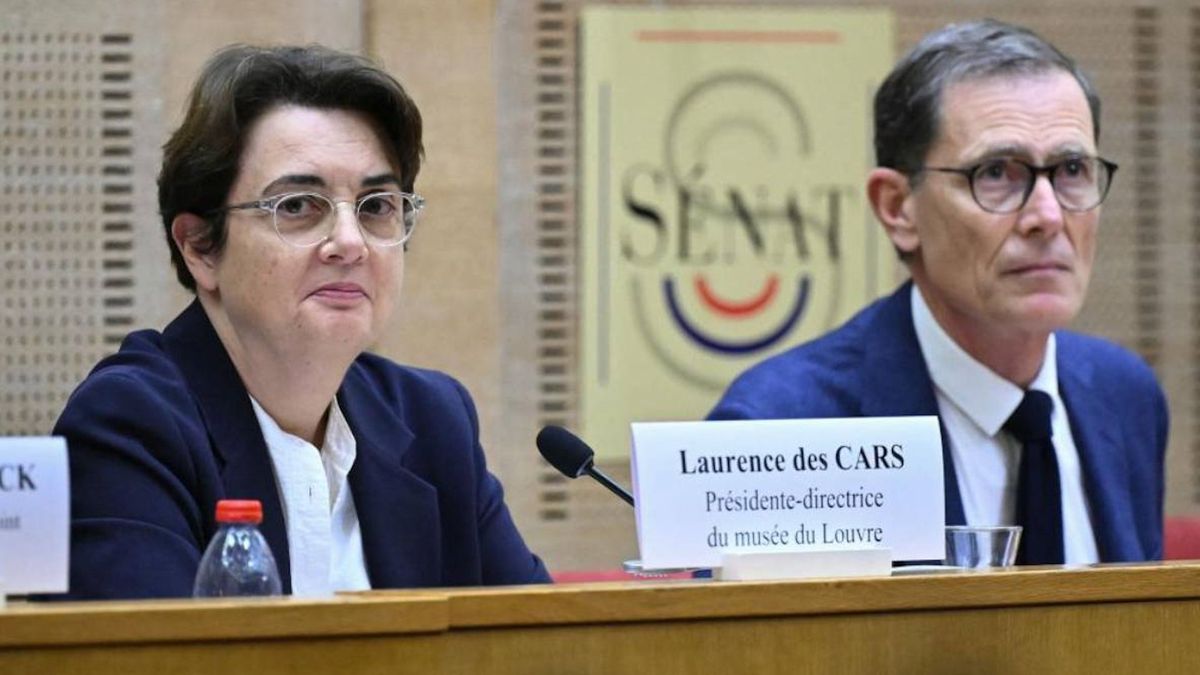Journalist: Who wins the election next Tuesday? Experts say they don’t know and it can’t be known in advance. Which is a coin toss. Surveys are not defined. The difference between the candidates in the Electoral College is tiny, smaller than the measurement error. And in some cases it favors Trump and in others it favors Harris. Wall Street is the only oracle that seems to have a formed opinion. At this point, prices factor in a Trump victory. Or is it not so?
Gordon Gekko: Wall Street and the betting markets share the same vision. They don’t know for sure who will be the winner, but they still took sides. Clearly, their money is on a Republican victory.
Q: President Trump is good for the stock market and very harmful for Treasury bonds.
GG: So it seems. However, experience teaches us that different governments are more similar to each other than is thought when candidates campaign. At least, in what has to do with its effects on investments. How damaging to bonds will depend a lot on what happens in Congress, whether someone takes everything at stake or whether a divided Congress remains, which is most likely.
Q: The electoral platforms do not provide a good guide to what will happen in the White House.
GG: In the campaign it is urgent to differentiate. Management is something else. It is more conditioned by reality. Obama, Trump, Biden. For Wall Street, which has its Republican heart, they were essentially the same. All three very profitable. The important thing was the continuity of the secular bull market, beyond small nuances and above all the adverse shocks, such as the pandemic, with which they had to deal with like a meteorite fallen from the sky, without having caused it.
Q: Let’s agree that Trump is very disruptive. And Kamala Harris encourages a more predictable and conventional discourse.
GG: Correct. But what is said in the campaign is relative. No one is obliged to testify against him. And if he did, he is not obliged to persist in the error when he assumes.
Q: You don’t believe Trump will do what he promises.
GG: It’s not going to do everything it promises. Partly, because it is contradictory. So he won’t be able to do it, even if he wants to.
Q: Don’t you think it will raise tariffs, for example? It seems difficult for him not to try with everything he insists on. Or is it a business negotiation strategy?
GG: He is going to raise tariffs. Although it is, effectively, a negotiation tool to extract concessions in exchange for moderation. But we are moving towards higher tariffs. I think that will happen, because Trump is convinced. But he wants the dollar to go down, and that would make it rise against major currencies.
Q.: In fact, the dollar is appreciating contrary to the rate reduction carried out by the FED. How to reconcile these contradictions?
GG: Wall Street takes elements of his speech, which seem to be able to be executed. Less taxes. Less zeal with regulation. Hence, the Nasdaq records, right now at a time of maximum uncertainty. Or the very good performance of regional banks.
Q: Treasury Secretary Janet Yellen today insists on the importance of capital requirements for banks. It doesn’t seem coincidental.
GG: Maybe it is. It is an issue that matters to the Stock Market, but I don’t think it matters to voters. The exchange market understands that Trump is going to move aggressively with the tariffs, even if he moderates later. And that is why the dollar retreats. If Trump is sensitive to that appreciation, if he actually also wants a falling dollar, it will have to be corrected. But currencies are preparing to deal with a strong dollar, perhaps seeking parity against the euro before long.
Q: And tightening the yen again to give the Bank of Japan a headache.
GG: That is also visible, but it is not a pure Trump effect. The Japanese ruling party lost its parliamentary majority, contributing to further weakening the position of the yen. It’s good to remember it. It’s not just Trump who plays.
Q: What can we say about the rise in long rates, which does not stop? A day before the FED cut its rates, they were at 3.62%. Today they crossed the 4.30% threshold. What is the message? Can Trump execute his agenda of raising tariffs, deporting immigrants (who are also workers) and tax cuts if long rates resist?
GG: There is a trade-off where there was none before. Trump can do whatever he wants if necessary, but does an inflationary agenda suit him? How long would it take you to realize that it’s not a good business? Will it be necessary for the FED to tell them, holding back on lowering rates? In his first government, he understood it from day one. Or rather, from before, the same night in which he achieved the surprise of defeating Hillary Clinton. Wall Street, in its own way, is confident that Trump has not lost those reflexes.
Q: What happens if this time the Democrats, with Kamala, hit the ground running?
GG: It would be business as usual, and a relief rally in bonds.
Source: Ambito
I am a 24-year-old writer and journalist who has been working in the news industry for the past two years. I write primarily about market news, so if you’re looking for insights into what’s going on in the stock market or economic indicators, you’ve come to the right place. I also dabble in writing articles on lifestyle trends and pop culture news.




